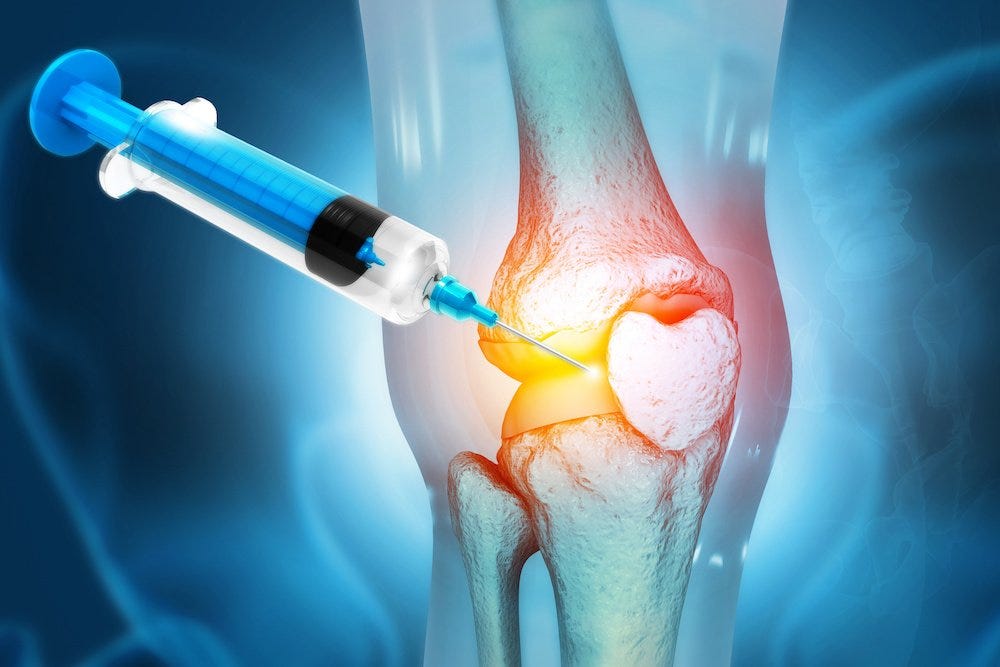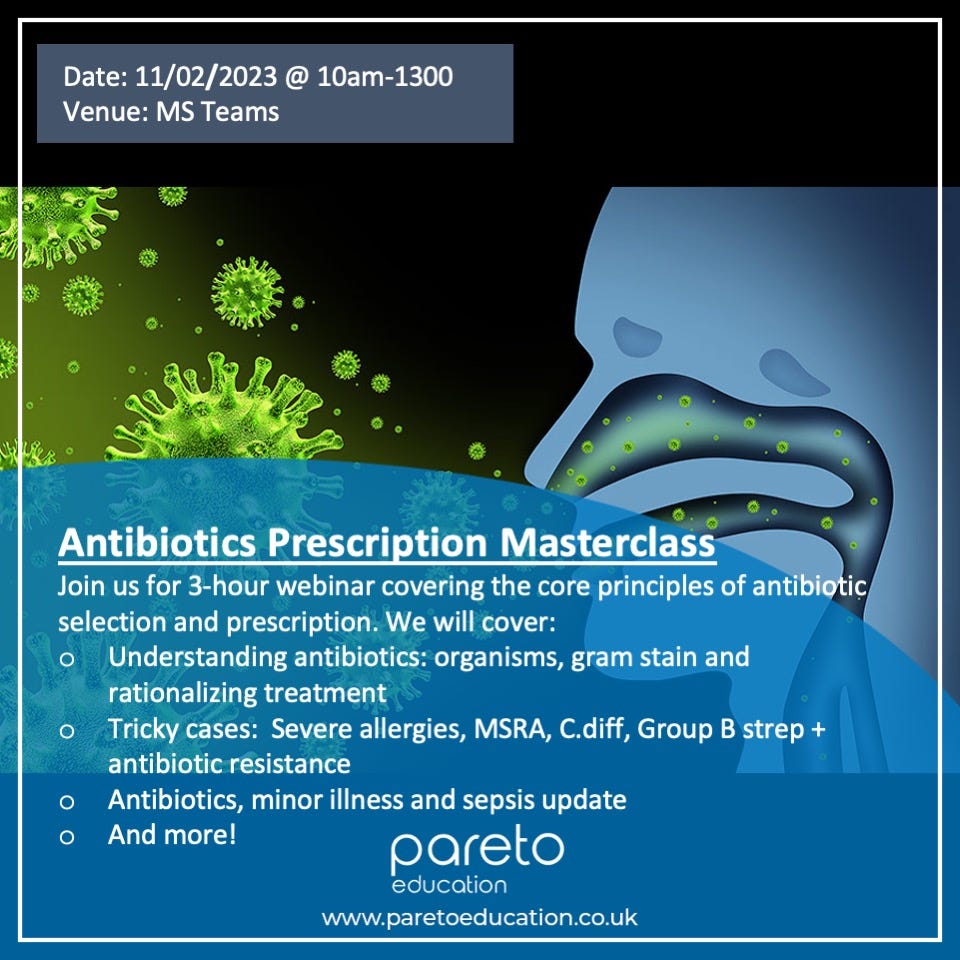Thinking of Doing a Course/Diploma? STOP...
... and consider whether it's the right option for you?!
Two weeks ago, I wrote a slightly “controversial” piece on ACPs, PAs and the future of the NHS. I ended on what I think was a very realistic note. Ultimately, we will find some of us competing for the same job(s) and our focus needs to shift towards enhancing our skillsets.
Unfortunately, the ability to assess multiple patients and solve their problems is no longer a determining factor in employment. NHS trusts and PCNs ultimately look at you from the lens of income (££££) and how much money you can bring in to their organisation. What this means is that our mindset has to adapt when deciding on how to upskill ourselves.
I always get emails about funded MBAs, diplomas and other qualifications. The lure to do a fully-funded diploma is strong and it can give us the feeling that we are “doing something.”
However, it’s important that we put more thought into what the end point might be…
The rocking chair looks good and rocks a lot, but doesn’t actually take you anywhere anywhere.
Shifting Your Mindset
The golden balance is found when undertaking a qualification in an area of personal interest which is also something your employers value. For instance, over the past few months I have been doing lots of joint injections. I quite enjoy having a practical skill which has some proven benefit as well as it being something that brings in lots of money for practices. I spoke to my GP supervisor at length about this before committing myself to perfecting the skill and I was convinced that it would make me more employable.
Did I need to pay out for a diploma or course? Not at all. You could simply contact a rheumatologist or MSK practitioner and ask to shadow them. Overtime you can ask them to sign off your competencies eventually giving you an evidence base of your competency.
How Do I Decide On What To Do?
Everyone needs some guidance and there are some places/people that come to mind.
You could start by speaking to your line manager about your professional development goals and how you can combine them with your NHS trust/PCN/practice goals.
For example, we at Pareto are aware that practices are encouraged to have better antibiotics stewardship and are rewarded for reducing the amount of unnecessary antibiotic prescriptions. Practices are always after staff who are experienced prescribers and can make better informed decisions about antibiotic prescribing. It is for this reason we have organised a CPD accredited antibiotic masterclass to explain some key principles concerning antibiotic prescribing and stewardship. If you’re interested, you can book on here. Demonstrating training on antibiotic selection and prescription on your CV is sure to impress your current employer or any future employer you may encounter.
Another useful resource is the “enhanced services” that can be found here. It’s quite an exhaustive link but it will tell you exactly which types of things GPs and hospital trusts are funded for, helping you make a more informed decision. It includes skills like coil insertion, alcohol and substance misuse services, spirometry, palliative care prescribing, drug monitoring and counselling (diabetes, antipsychotics) and lots more.
If you have any tips, tricks or questions about what I’ve written above then feel free to comment or email us :)
Until next time!
Check us out on our various pages
Website: www.paretoeducation.co.uk
Instagram: www.instagram.com/pareto_ed
Twitter: www.twitter.com/pareto_ed
Youtube: https://bit.ly/3DPm23c
Email: paretopaeducation@gmail.com






